Nobuo Ishibashi, the founder of Daiwa House Industry, noticed that a typhoon was unable to break the stems of rice plants or bamboo. This gave him the idea of building prefabricated houses using steel pipes, and because of this, Daiwa House became a pioneer in Japan's prefabricated house industry.
Since our founding, we have used technology to support businesses that serve the needs of society.
Going forward, too, we will demonstrate to young engineers the fulfillment that comes from the practice of manufacturing, thereby firmly cementing the reputation of Daiwa House as a technology powerhouse. We will also fully adopt digital technology in our construction operations, to speed up a reform of the working culture of our engineers and other staff with specialized skills, and lead the way in realizing sustainable growth for Japan's construction industry.
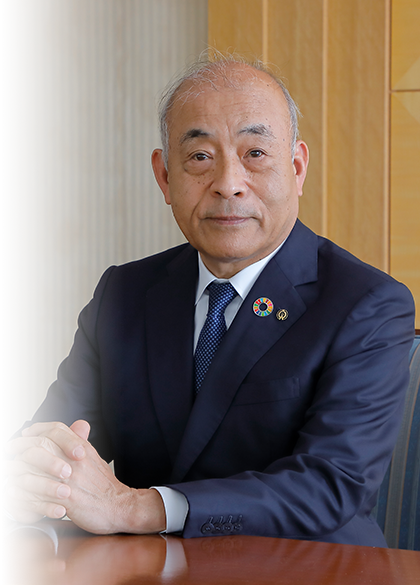
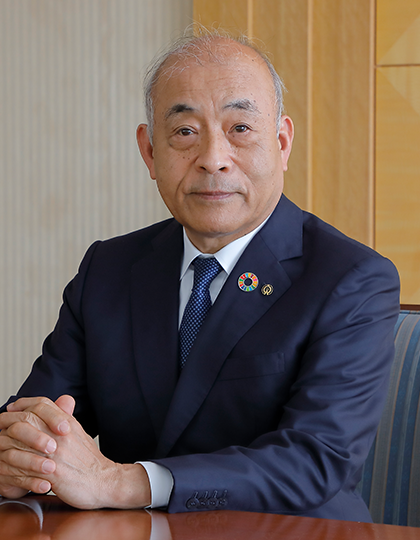
Yoshiyuki Murata
Executive Vice President
Head of Technology Coordination Department
Head of Production Headquarters
Head of Research Headquarters
Right from the founding of Daiwa House Industry, we have been pressing forward with the industrialization of construction – the Company's foundational concept. Now, as ever, we continue take up new challenges in this field.
Our efforts have encompassed a wide range of initiatives, from the construction of housing and commercial buildings, through the planning and development of whole communities, to carbon-neutral projects, the reform of working styles via digital transformation, and more. With each successive generation, we seek out technologies that can be of service to the world.
The first commercial product of Daiwa House Industry was the Pipe House, which employed steel pipes. This was the first example of our "industrialization of construction" initiatives, and was developed in response to a shortage of timber in Japan. Next came the Midget House, which was the first step leading to today's prefabricated house market. This product met the needs of Japan's rapidly growing population at that time, and was popular because it could be erected in only three hours.
These successful products were born out of our desire to use our technologies to meet the changing needs of each generation.
Under the banner of "industrialization of construction" we have constantly sought to realize high quality and short construction times in all stages of our business, from product development to design, production, erection, and maintenance. While expanding our operations from housing to modular construction, general construction, and civil engineering, we have at the same time further developed our technologies. The technological expertise we have built up has been put to invaluable use in urban development projects and multi-purpose development, which call for comprehensive strengths. And we have applied the experience gained in these projects to develop our technologies still further.
We constantly consider what we can do to make the world better in the near future. Using the new technologies that emerge from these efforts, we attempt to address various social issues. To help realize carbon neutrality, we leverage the decarbonization of construction methods, and we strengthen our technology and manufacturing bases through the adoption of a digital transformation. We make optimal use of the technological expertise we have accumulated to help achieve still further goals.
Carbon neutrality
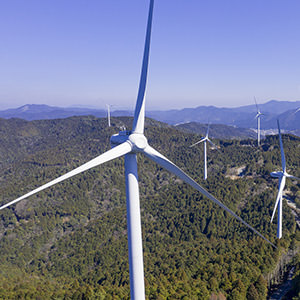
We are speeding up the process of decarbonization throughout our entire value chain by developing houses (ZEH) and buildings (ZEB) whose construction and maintenance boasts net zero energy input, as well as by adopting renewable energy sources.
Digital transformation
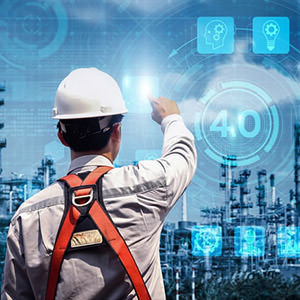
Through a digital transformation using Building Information Modeling (BIM) and other digital tools, we hope to reform our manufacturing culture and working styles, paving the way to realization of a next-generation industrialization of construction.
Overseas operations
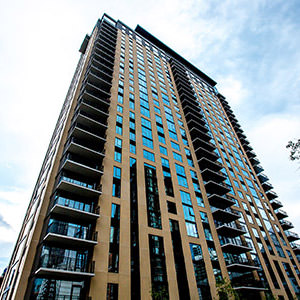
We are pursuing various projects to meet local needs, including housing and industrial parks. By leveraging modular construction, in which individual components are made in a factory, and in other ways, we are expanding know-how relating to the industrialization of construction in local markets.
New businesses
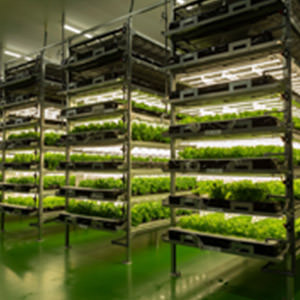
We are putting our strengths to good use in industrializing agriculture with indoor vegetable growing facilities, as well as industrializing the fishing industry with land-based aquaculture facilities. In such ways, we are helping address such social issues as Japan's food self-sufficiency rate.
Housing technologies
Construction technology
Urban planning, multi-purpose development projects, and regional revitalization
Housing technologies
Construction technology
Urban planning, multi-purpose development projects, and regional revitalization